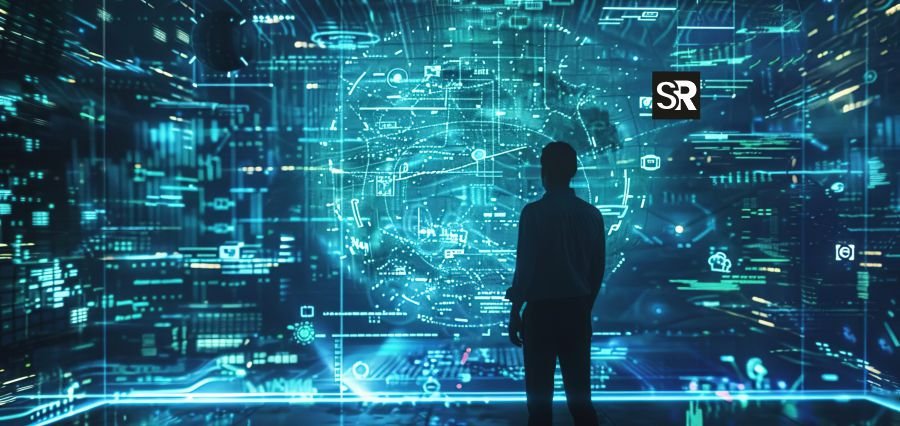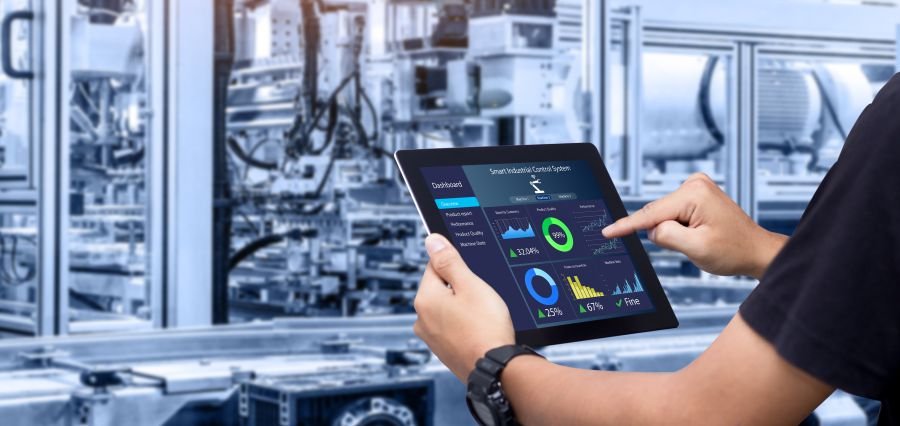CEO 2.0
In the rapidly evolving landscape of the 21st century, the role of CEOs has undergone a remarkable transformation. Today’s CEOs, often referred to as CEO 2.0, are not only responsible for overseeing corporate growth and profitability but are also key players in navigating the digital revolution. From embracing disruptive technologies to fostering innovation cultures, modern CEOs are redefining leadership, challenging traditional norms, and steering their companies toward long-term success.
Embracing Digital Transformation
One of the most profound shifts in the role of CEOs in the digital age is their direct involvement in digital transformation. Unlike previous generations, where technology was seen as a back-end support function, CEO 2.0 must integrate digital strategies into every facet of the organization. Leading companies through digital disruption means adopting emerging technologies like artificial intelligence (AI), data analytics, blockchain, and cloud computing to drive efficiency, agility, and competitiveness.
CEOs like Satya Nadella of Microsoft and Sundar Pichai of Google have been prime examples of this trend. Nadella’s leadership has revitalized Microsoft by embracing cloud computing and digital services, transforming the company into one of the world’s most valuable brands. Similarly, Pichai’s focus on AI and machine learning has positioned Google at the forefront of digital innovation, pushing boundaries in search, advertising, and cloud solutions.
Agile Leadership and Decision-Making
In the digital age, speed is of the essence. Modern CEOs must lead with agility, enabling their organizations to respond quickly to market shifts, technological advancements, and changing customer preferences. This means adopting an agile mindset in decision-making, allowing for flexibility, rapid iteration, and responsiveness.
Gone are the days of lengthy deliberation and hierarchical bottlenecks. Today’s leaders must foster flat organizational structures that encourage open communication, collaboration, and fast decision-making. CEO 2.0 relies on data-driven insights to inform decisions, ensuring that they can adapt to evolving circumstances swiftly and strategically.
Innovation at the Core
Innovation is no longer the domain of R&D departments alone—it is a central responsibility for today’s CEOs. A company’s ability to innovate continuously and stay ahead of competitors is crucial in the digital era. Modern CEOs are tasked with nurturing a culture of innovation throughout their organizations, encouraging employees at every level to think creatively, take risks, and experiment with new ideas.
Elon Musk of Tesla and SpaceX exemplifies this principle. His relentless pursuit of groundbreaking technologies has led to innovations not only in electric vehicles but also in space exploration. By prioritizing innovation, Musk has created an environment where visionary thinking thrives, setting a new benchmark for what CEOs can achieve in the digital age.
Data-Driven Leadership
Another crucial aspect of modern leadership is the ability to harness data. With the explosion of big data and advanced analytics, today’s CEOs are expected to make informed decisions based on vast amounts of information. Data-driven leadership allows companies to identify trends, optimize operations, personalize customer experiences, and develop new business models.
CEO 2.0 understands that data is not merely a tool but a strategic asset that can drive growth and innovation. By using predictive analytics and real-time insights, these leaders can anticipate market changes, refine strategies, and stay ahead of competitors. Moreover, they focus on building data-centric cultures within their organizations, ensuring that data literacy and fluency permeate every department.
Managing Remote and Hybrid Workforces
The digital age has brought with it new challenges in workforce management. The rise of remote and hybrid work, accelerated by the COVID-19 pandemic, has fundamentally altered the way organizations function. CEOs today must navigate this shift, ensuring that their companies remain productive, engaged, and connected despite physical distance.
Managing a remote workforce requires a different approach to leadership. Modern CEOs must emphasize communication, trust, and autonomy. Tools like video conferencing, project management software, and collaborative platforms have become essential in maintaining team cohesion. Additionally, leaders must focus on employee well-being, recognizing the challenges of remote work and promoting a healthy work-life balance.
CEOs like Brian Chesky of Airbnb and Jack Dorsey of Twitter have embraced this shift by allowing remote work to continue indefinitely in their companies. They recognize that the future of work is flexible and are actively adapting their leadership styles to suit this new reality.
Leading with Purpose and Sustainability
Purpose-driven leadership has become a defining characteristic of CEO 2.0. In an era where customers, employees, and investors increasingly value sustainability and social responsibility, modern CEOs are expected to lead with a strong sense of purpose. This involves integrating environmental, social, and governance (ESG) principles into the core of their business strategies.
Purpose-driven leadership not only enhances brand reputation but also attracts talent, fosters customer loyalty, and drives long-term growth. Paul Polman, former CEO of Unilever, is a leading example of a purpose-driven CEO who prioritized sustainability and social impact while delivering strong financial performance. Under his leadership, Unilever embraced responsible business practices, reducing its environmental footprint while promoting ethical sourcing and community development.
Building Digital-First Cultures
Finally, modern CEOs understand that success in the digital age requires a cultural shift. It’s not enough to implement technology and expect it to solve all problems. Instead, CEO 2.0 is focused on fostering a digital-first culture where innovation, agility, and collaboration are at the forefront.
This involves breaking down silos, promoting cross-functional collaboration, and encouraging employees to adopt a digital mindset. CEOs who can cultivate this culture create environments where employees feel empowered to embrace new tools, adapt to changing technologies, and contribute to the organization’s digital transformation.
Looking Ahead
The role of the CEO has never been more complex or dynamic than it is today. In the digital age, CEO 2.0 must be more than just a strategic visionary—they must be agile, data-driven, purpose-led, and innovative. The leaders who can navigate these complexities will not only ensure their organizations thrive in the present but also shape the future of industries and economies on a global scale.






